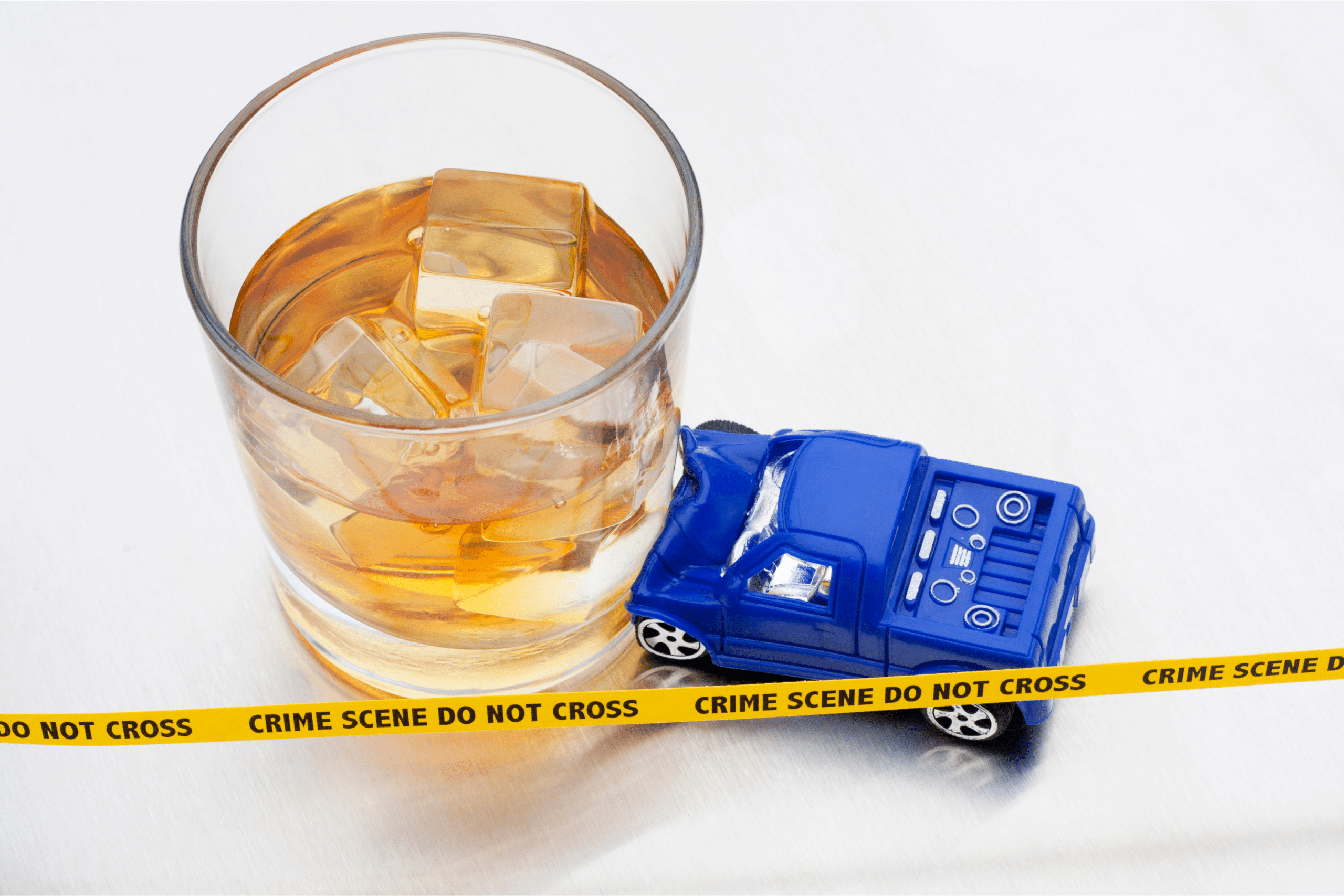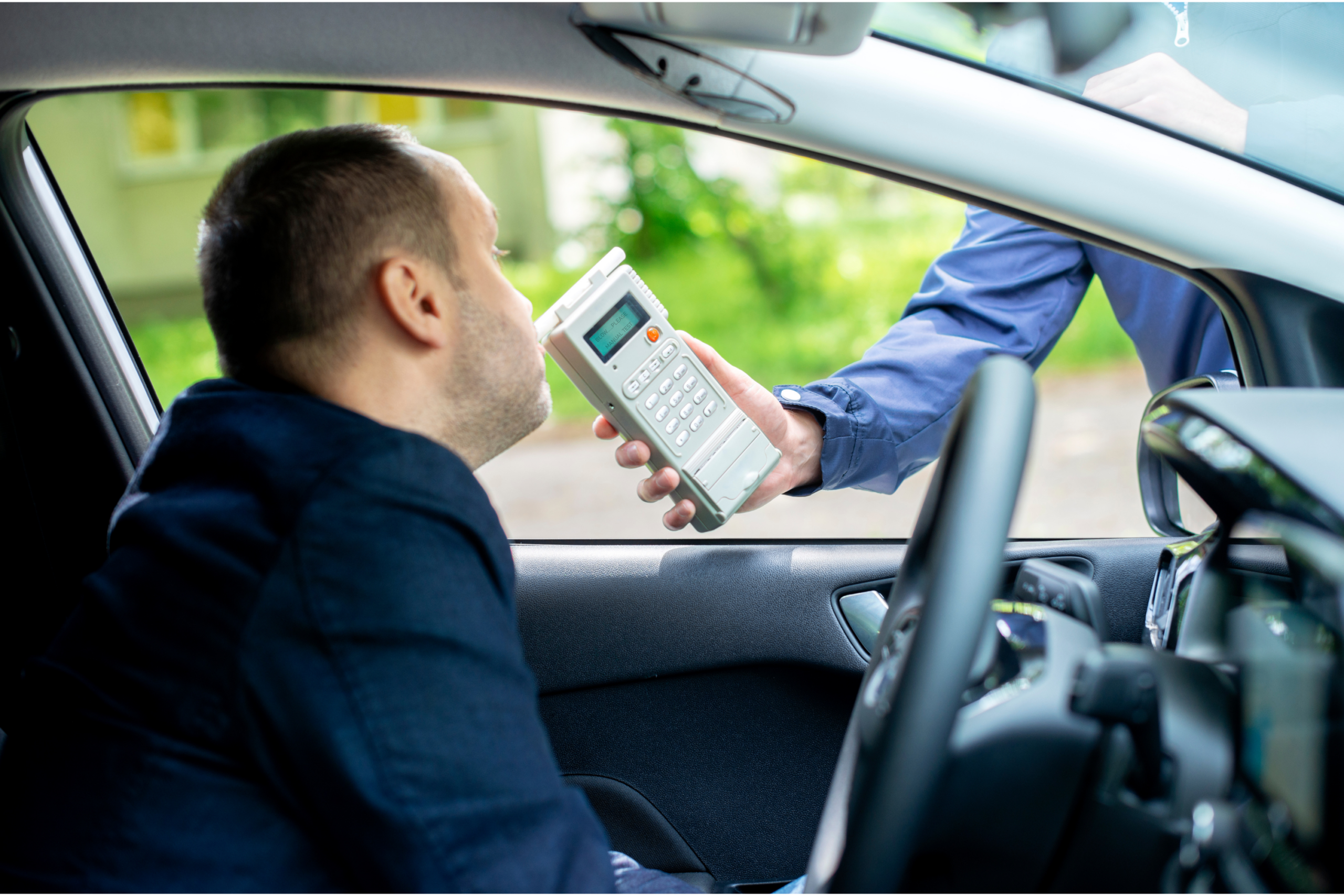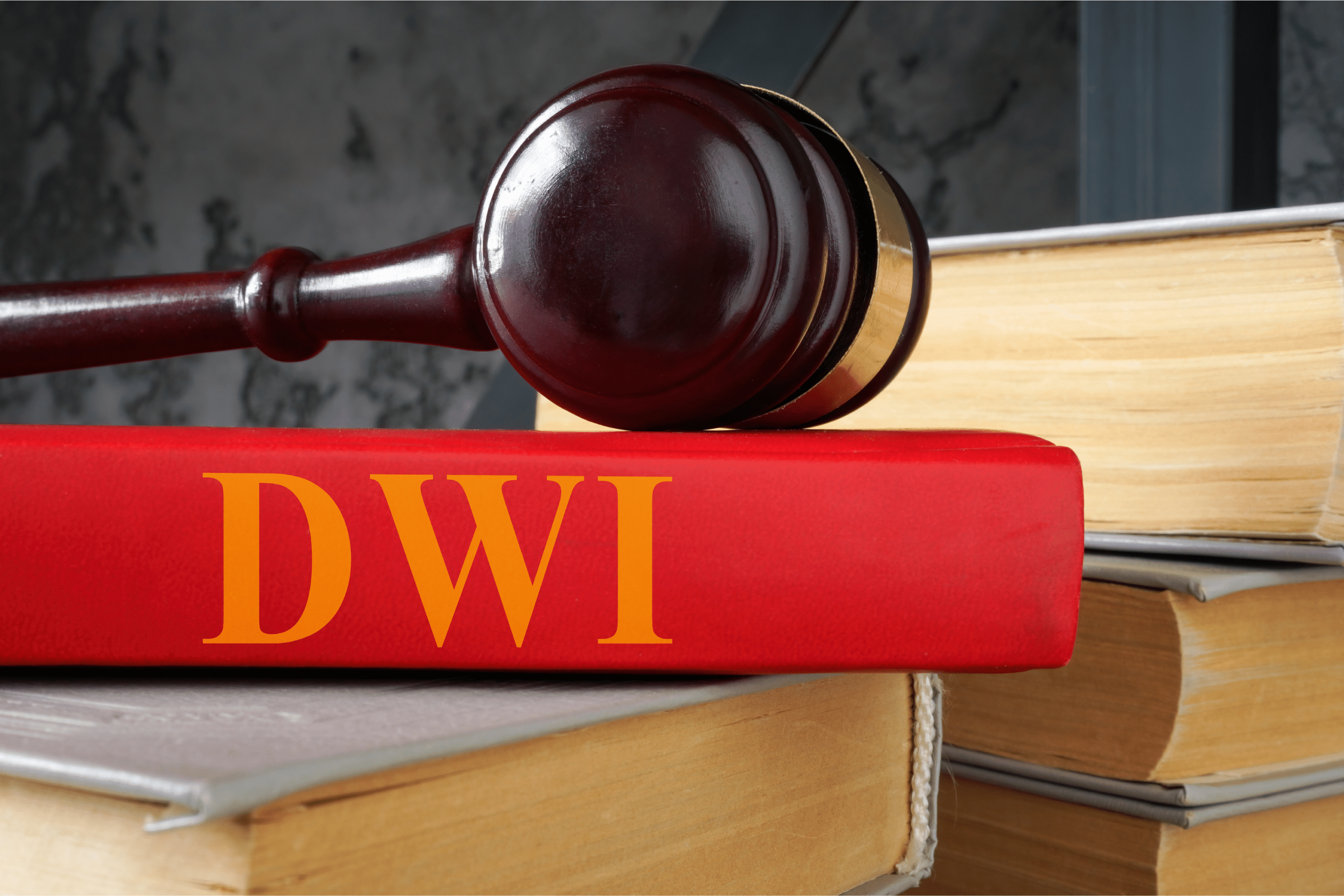 Driving While Intoxicated (DWI) charges in Minnesota can have serious consequences, making it crucial for individuals facing such allegations to understand the intricacies of DWI testing and their potential vulnerabilities.
Driving While Intoxicated (DWI) charges in Minnesota can have serious consequences, making it crucial for individuals facing such allegations to understand the intricacies of DWI testing and their potential vulnerabilities.
While the Breathalyzer is a common tool used by law enforcement to determine blood alcohol concentration (BAC), it is not infallible. In this blog, we will delve into the different aspects of DWI testing in Minnesota, including breathalyzer accuracy, potential errors, and effective strategies for challenging test results in court.
Breathalyzer Accuracy and Limitations
The Breathalyzer is a widely used device for measuring BAC, but its accuracy is not without question. Numerous factors can impact the reliability of breath test results, and understanding these limitations is key to mounting a strong defense.
Calibration Issues
Breathalyzers require regular calibration to ensure accurate results. Failure to calibrate the device on schedule can lead to skewed readings, potentially resulting in false positives. Experienced criminal defense lawyers often scrutinize maintenance records and calibration logs to identify any irregularities that may compromise the reliability of the test results.
Residual Mouth Alcohol
One common source of error in breathalyzer readings is the presence of residual mouth alcohol. Consuming certain substances, using mouthwash, or even belching shortly before taking the test can introduce alcohol into the mouth, leading to inflated BAC readings. An adept defense attorney will investigate the circumstances surrounding the test and question the reliability of the results in the presence of such factors.
Individual Variability
People metabolize alcohol differently based on various factors such as age, weight, and overall health. Breathalyzer devices use average conversion ratios to estimate blood alcohol levels, which may not accurately reflect an individual’s true BAC. A skilled defense lawyer can highlight these variations and challenge the standardization of results.
Challenging Field Sobriety Tests
Beyond the Breathalyzer, law enforcement often employs field sobriety tests to assess a driver’s impairment. While these tests are meant to gauge coordination and cognitive abilities, they are subjective and open to interpretation. It is crucial for individuals facing DWI charges to understand their rights and the potential weaknesses associated with these tests.
Standardized Field Sobriety Tests (SFSTs)
SFSTs, such as the walk-and-turn or the one-leg stand, are commonly used by law enforcement to evaluate a driver’s sobriety. However, factors like adverse weather conditions, physical limitations, and nervousness can significantly impact performance. A knowledgeable criminal defense attorney will scrutinize the administration of SFSTs and challenge the validity of the results based on these variables.
Non-Standardized Field Sobriety Tests
In some cases, officers may administer non-standardized tests, such as finger-to-nose or alphabet recitation. These tests lack standardized procedures, making them susceptible to subjective interpretation. An effective defense strategy involves questioning the reliability and relevance of non-standardized field sobriety tests in court.
Common Misconceptions
Numerous misconceptions surround DWI testing, contributing to the belief that results are indisputable. It is essential to debunk these myths to build a strong defense.
Infallibility of Breathalyzer Results
One common misconception is that Breathalyzer results are infallible. As discussed earlier, various factors can compromise the accuracy of these readings. A skilled criminal defense lawyer will challenge the assumption that a high BAC reading is an irrefutable indicator of impairment.
Obligation to Perform Field Sobriety Tests
Contrary to popular belief, drivers are not obligated to perform field sobriety tests. While refusing a Breathalyzer test may lead to consequences, declining field sobriety tests is within a driver’s rights. An experienced attorney will leverage this information to challenge the validity of the tests if performed against the driver’s will.
Building a Strong Defense
Given the complexities surrounding DWI testing, it is imperative for individuals facing charges to seek the guidance of an experienced criminal defense lawyer. A knowledgeable attorney will employ various strategies to build a robust defense tailored to the specific circumstances of each case.
Examine the Stop and Arrest
The legality of the traffic stop and subsequent arrest is a critical aspect of any DWI case. An attorney will scrutinize the circumstances leading to the stop, ensuring that law enforcement had a valid reason to detain the driver. Any procedural errors or violations may lead to the dismissal of charges.
Challenge Test Administration
A meticulous defense lawyer will thoroughly examine the administration of both breathalyzer and field sobriety tests. This includes questioning the training and competence of the officers involved, scrutinizing device calibration records, and challenging the conditions under which the tests were conducted.
Explore Alternative Explanations
Building a strong defense involves exploring alternative explanations for observed behaviors. Medical conditions, fatigue, or stress can mimic signs of impairment, and a skilled attorney will present compelling evidence to establish reasonable doubt.
Facing A DWI Charge In Minnesota
Understanding the nuances of DWI testing and enlisting the services of an experienced criminal defense lawyer can significantly impact the outcome. Beyond the Breathalyzer, challenging the accuracy of test results and field sobriety tests is crucial for building a strong defense. By dispelling common misconceptions and leveraging legal expertise, individuals can navigate the legal process with confidence and work towards a favorable resolution.
About the Author:
Christopher Keyser is an AV-Preeminent rated criminal and DWI defense attorney based in Minneapolis who is known for fighting aggressively for his clients and utilizing innovative tactics to get the most positive results. He has been featured in numerous media outlets due to the breadth and depth of his knowledge and has been named a Certified Specialist in Criminal Law by the Minnesota Bar Association. Mr. Keyser is Lead Counsel rated, and he has received recognition for his criminal law work from Avvo, Expertise, and Super Lawyers.







